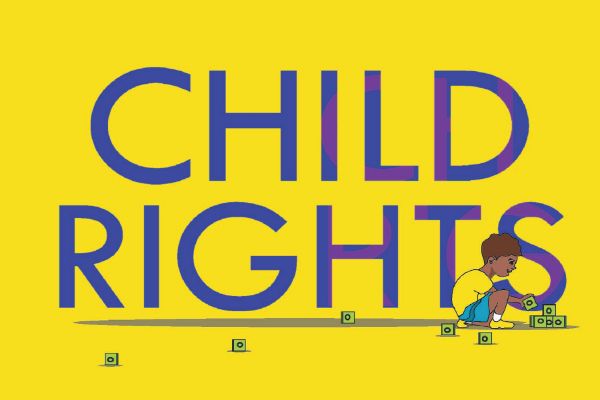When I arrived at the Tahir Guest Palace in Kano State on August 31st, I knew the next two days would be about child rights. But I did not anticipate just how much the training, organized by the Child Rights Information Bureau (CRIB) in collaboration with UNICEF, would reshape my understanding of journalism itself.
For two days, I joined fellow journalists from across Nigeria at the Tahir Guest Palace in Kano for a dialogue that challenged us to rethink the way we report on children. Organized by the Child Rights Information Bureau (CRIB) of the Federal Ministry of Information and National Orientation in collaboration with UNICEF, the training went beyond theory — it confronted us with the real consequences of our work.
The sessions were practical and engaging. They forced us to confront the hidden harm our profession can cause when stories about children are told carelessly.
One illustration that stuck with me was the case of the identified survivor. Imagine a young girl who has survived abduction and gender-based violence. She is traumatized and terrified. Yet, in search of a “powerful” headline, her name, photograph, and village are published. In an instant, she is permanently stigmatized. Her community whispers, her future marriage prospects dim, and her dignity is shattered. The very story meant to expose her suffering ends up re-victimizing her.
The tone was set during the keynote address by Mr. Rahama Rihood Mohammed Farah, Chief of the UNICEF Field Office in Kano state. He reminded us that careless reporting can wound children a second time, even more deeply than the original abuse. He highlighted some of the dangers: the identification of survivors, the use of graphic or sensationalist reporting, and the exploitative interview. Each, he warned, can stigmatize, traumatize, and exploit vulnerable children, and must be avoided if journalism is to protect rather than harm.
That keynote provided the foundation for sessions that were professionally and adequately handled by veteran journalists and media experts. Chief lecturer, mass communication department at Nigeria institute of Journalism Dr. Jide Johnson lectured on child psychology in sensitive stories and ethical interviewing, stressing that empathy must guide every encounter with child survivors. Mr. Lekan Sote, a seasoned journalist, unpacked language and framing — urging us to highlight resilience and positive narratives rather than portray children merely as victims. Nansel Nimyel a former staff of NTA took us deeper into the challenges of broadcast and digital media, discussing TV, radio, and social platforms where speed often competes with sensitivity.
Equally memorable was the role of Susan Akila of UNICEF, whose professional insights were both practical and inspiring. Her contributions reinforced the idea that journalism must always serve the best interest of the child. I still recall her conviction that stories about children can be told powerfully without causing harm a principle that will remain evergreen in my memory.
The group discussions were equally superb, giving participants the space to share personal experiences, question old habits, and exchange ideas on how best to protect children in reportage. It was a beautiful interaction that reminded me that journalism is not just about telling stories — it is about building communities of practice where ethics guide every pen, camera, and microphone.
For me, another lasting reminder came from Samuel Kaalu, UNICEF Communication Specialist, who told us that responsible reporting is advocacy in itself — it shapes public perception and can drive policy change. His words underscored the central lesson of the programme: ethical storytelling is not about restraint but about using journalism to protect children and amplify their rights.
For me, the greatest impact of the Kano dialogue was the call to action it placed on our shoulders:
To fact-check relentlessly, even under deadline pressure.
To make the best interest of the child a non-negotiable principle.
To balance stories with multiple perspectives.
To hold ourselves and our colleagues accountable in the newsroom.
As the sessions ended, I left convinced that the story of Northwest Nigeria — and indeed our nation — should not only be about hardship. It should also be about resilience, hope, and the strength of communities. And that story can only be told when we protect those who cannot protect themselves: the nation’s treasures — children.
By Usman Mohammed Binji


